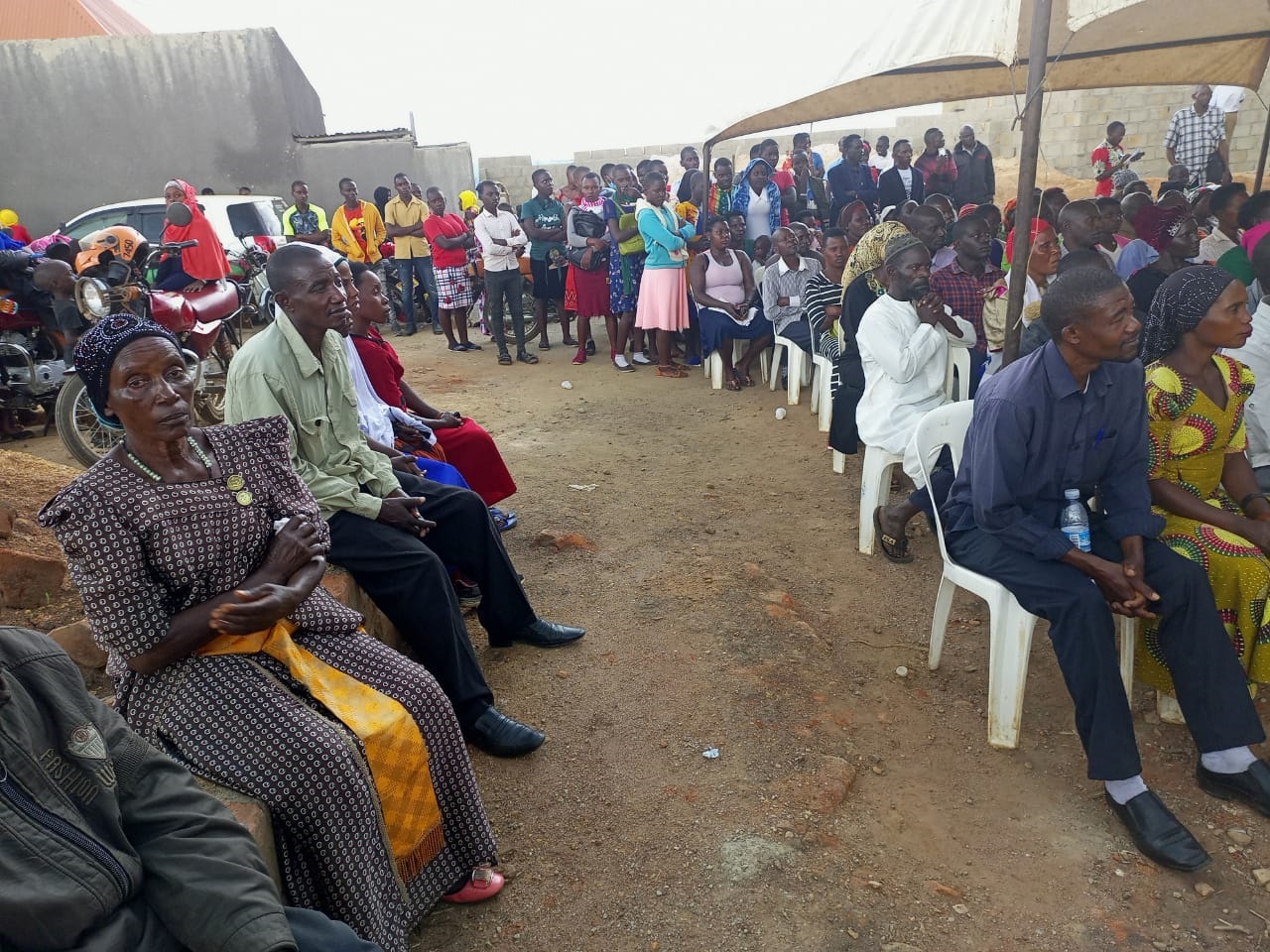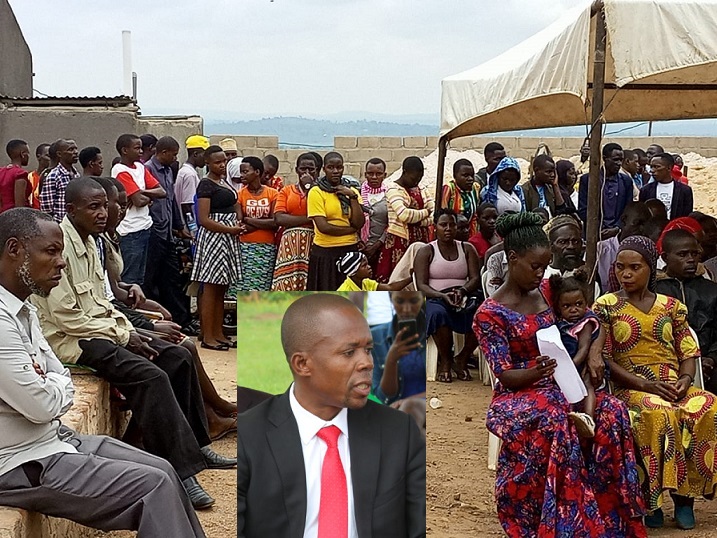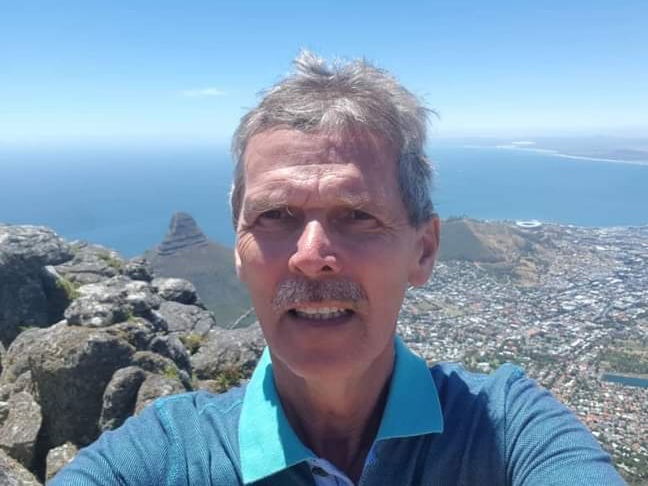Doing Humanitarianism means fighting against all forms of discrimination and making sure that the voices of the most marginalized groups are heard loudly and clearly by decision-makers.
To be clear and concise in a non-judgmental manner when engaging with others. To work from the heart and not the ego. To remember that we all need help sometimes and should not be afraid to ask. Ultimately, it’s to respect each other no matter what the beliefs, desires, race, religion, etc”
According to the United Nations, to be a humanitarian today means to be able to truly understand barriers to social justice and security for all people (from a bottom-up lens) and be relentless in breaking those barriers down.’
Clearly, this describes Salim Kisekka in the South Central regional districts of Bukomansimbi and Sembabule, and in Wakiso district. For his name rings a bell with love and compassion.
After finding solace from priests and parishioners, Kisekka was lured into doing humanitarianism subjecting self to helping more than 760 children get letters of opportunity through paying school and tuition fees for them. Kisekka supports the orphans and those with parents, but vulnerable.
Through his SK Charity foundation, Kisekka believes finding resolute help towards the young people in Primary, Secondary and Tertiary education. Tertiary includes Universities and other academic institutions.
Why Education?
Bukomansimbi, between 1980 and 1990, very few people were able to take children to school. Kisekka, despite the economic hardships, was helped by the Catholic Church, with specific support from the late Bishop of Masaka Diocese John Baptist Kaggwa who recommended him to St Joseph Kigando, Kiboga District where he studied.
“Here, I found so many children who were also being helped by the church. I was so touched and vowed too, I would help the needy and vulnerable. We were treated so well,” He said. He added, “In senior four, we hosted the head of state who gave me several gifts including asking the school directors, Sister Richard and Fr. Kasole to take me for further education.”
Upon meeting the President, Kisekka was taken for further studies in Tanzania.
“I went to Tanzania and studied. I later traveled to Israel for further studies. Upon my return, I started engaging in private business.” Kisekka says.

He now uses his dividends and earning to train the 760 children in schools such as Bajja Comprehensive, Kiti Islamic SS, Bukomansimbi SS, Kitaasa SS and several other primary schools.
“I do not help because I want to benefit. But I remember the challenges I went through to attain education. I remember the compassion of those who helped me grow and attain education. I also work towards helping my community get the best from me,” he says.
How Kisekka finds the needy students
Kisekka hired a team of people who reach out to people in the different villages in the Districts I operate in and fight hard to ensure that they get those who genuinely need my help.
“My target is not to get everyone but those who genuinely need to be helped.” He says
Where does he get the funding?
Kisekka uses some of his earnings from the coffee and maize processing machine, his petrol stations and other businesses to pay such tuition.
“I actually also pay for their food, books and sugar to ease life for them,” He adds.
Kisekka also started a Sacco for the parents living in the same districts, helped them learn savings and credit in the name of Mixed Bukomansimbi Farmers Sacco to uplift their livelihood.
Last weekend, Kisekka met with the parents of the children he looks after under the SK Charity Foundation as he made accountability of what happened in the previous term and made plans for the next study period.
Do you have a story in your community or an opinion to share with us: Email us at Submit an Article









